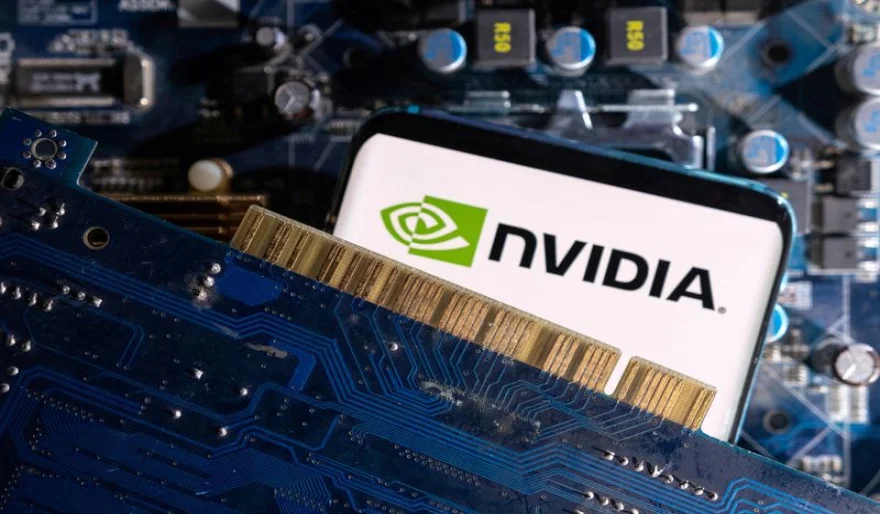Stay Ahead of the Curve
Latest AI news, expert analysis, bold opinions, and key trends — delivered to your inbox.
Google, Intel, and Arm are all aiming to challenge NVIDIA's dominance in the AI chip market.
4 min read For years, Nvidia has held a dominant position in the realm of AI chips. However, a formidable coalition of tech giants, such as Google, Intel, and Arm, is now working on an open-source software alternative with the intention of challenging Nvidia's supremacy and potentially dethroning it. March 26, 2024 06:54
Nvidia has long been the king of AI chips, powering everything from cutting-edge research to popular video game graphics. But their reign might be facing a challenge. A team of tech giants, including Google, Intel, and Arm, are joining forces to break Nvidia's dominance in the AI chip market [The Verge].
Here's the gist:
- Nvidia's Secret Weapon: Their success isn't just about the hardware. Nvidia has a nearly 20-year head start with their CUDA software platform. This developer toolkit makes building AI applications on Nvidia chips much easier, locking developers into their ecosystem [The Economic Times].
- Cracking the Code: The newly formed group, called the UXLC (Universal Chip Learning Consortium), is developing an open-source software alternative. This would allow developers to create AI applications that run on any chip, not just Nvidia's, giving them more freedom and flexibility [The Verge].
This is a significant development in the AI chip landscape. Here's why it matters:
- More Choice for Developers: An open-source alternative to CUDA could empower developers to choose the best chip for their needs, fostering innovation and potentially driving down costs.
- A More Balanced Market: Increased competition could push Nvidia to innovate further and potentially benefit consumers with better AI hardware overall.
However, there are still questions:
- Can They Catch Up?: Nvidia has a significant head start in both hardware and software. Can the UXLC close the gap quickly enough to make a real difference?
- Open Source Challenges: While open-source software offers advantages, it can also face challenges in terms of development speed and maintaining a unified platform.
Only time will tell if the UXLC can dethrone Nvidia. But one thing's for sure: the battle for AI chip supremacy is heating up, and that's good news for anyone who relies on this powerful technology.
User Comments (0)
No comments added yet.
Comments will not be approved to be posted if they are SPAM, abusive, off-topic, use profanity, contain a personal attack, or promote hate of any kind.



















 AI Agents
AI Agents